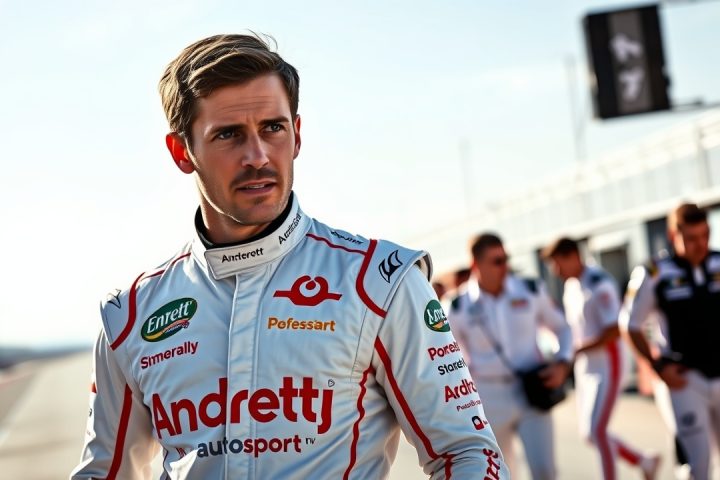Ange Postecoglou’s Tenure at Tottenham Hotspur
Ange Postecoglou’s time at Tottenham Hotspur has unfolded in two distinct phases: an initial burst of brilliance followed by a struggle for consistency. The beginning of his managerial journey at Spurs during the 2023-24 season brought an immediate uplift, commonly referred to as the ‘new manager bounce.’ His ability to inspire and instill confidence in the squad was reminiscent of the energetic motivators found in sports—his charismatic presence transformed Tottenham’s outlook, particularly in the wake of Harry Kane’s departure, a loss likened to the club’s most significant in the Premier League era.
Initial Success and ‘Angeball’
Initially, Postecoglou’s approach captivated fans, as demonstrated by an audacious style of play known as ‘Angeball.’ The early success, highlighted by standout performances—especially from players like James Maddison—saw Tottenham rise briefly to title contention, showcasing an attacking football philosophy that was relentless. However, the turning point came unexpectedly; after a humiliating 4-1 defeat to Chelsea, the team’s form sharply declined, ultimately finishing fifth after a disheartening run of just one point from five matches.
Challenges and Consistency Issues
Despite establishing a clear footballing identity, Postecoglou grappled with fielding a consistent lineup as the season progressed, evident from the fact that no player featured in more than 28 matches during the campaign. This inconsistency was attributed to multiple factors, including a strong focus on the Europa League and injuries. Yet, some analysts suggested that his demanding style of play may have exacerbated these issues, leading to a physically taxing environment for his players. Even Postecoglou himself acknowledged early missteps regarding player readiness post-international duty, showing a degree of accountability uncommon in the managerial world.
Experience and Adaptation Concerns
While Postecoglou’s prior experience at Celtic had its merits, his limited exposure to top-tier football in more competitive leagues raised questions about his capacity to adapt in the highly pressed arena of the Premier League. The stark contrast in league rankings during his coaching career (from Australia to Japan and then Scotland) compared to the English top flight underlined the uncertainty surrounding his long-term potential at Spurs. Despite the club’s underwhelming 17th-place finish in the league—a significantly disappointing outcome given the expectations—a loyalty to his principles of attacking football persisted.
Pragmatism in Europe
In the European arena, however, Postecoglou opted for a more pragmatic approach, often resorting to functional football in critical matches. The resilience displayed in a hard-fought victory against Eintracht Frankfurt was a testament to his adaptability, yet it raised the question of whether he was willing to compromise his philosophy for results. Ultimately, he continued emphasizing a long-term vision, stating,
“I don’t feel like I’ve completed the job here; we’re still building.”
However, the lack of clarity regarding the direction of this purported construction began to overshadow his success as a motivator.
Future Prospects
The question remains: what might a continued Postecoglou era at Tottenham entail? While many respect his contributions and assertive vision, the team’s demonstrably poor results within his current framework make a compelling case against his continuation as long-term manager. Just as in life, where early triumphs can often mask less stellar performances in between, Postecoglou’s optimistic resurgence at Tottenham is notable. However, it could be prudently concluded that Spurs might be justified in searching for a different strategic direction moving forward, away from a manager whose most impressive achievements came amid a departure from his ideal style of play.




